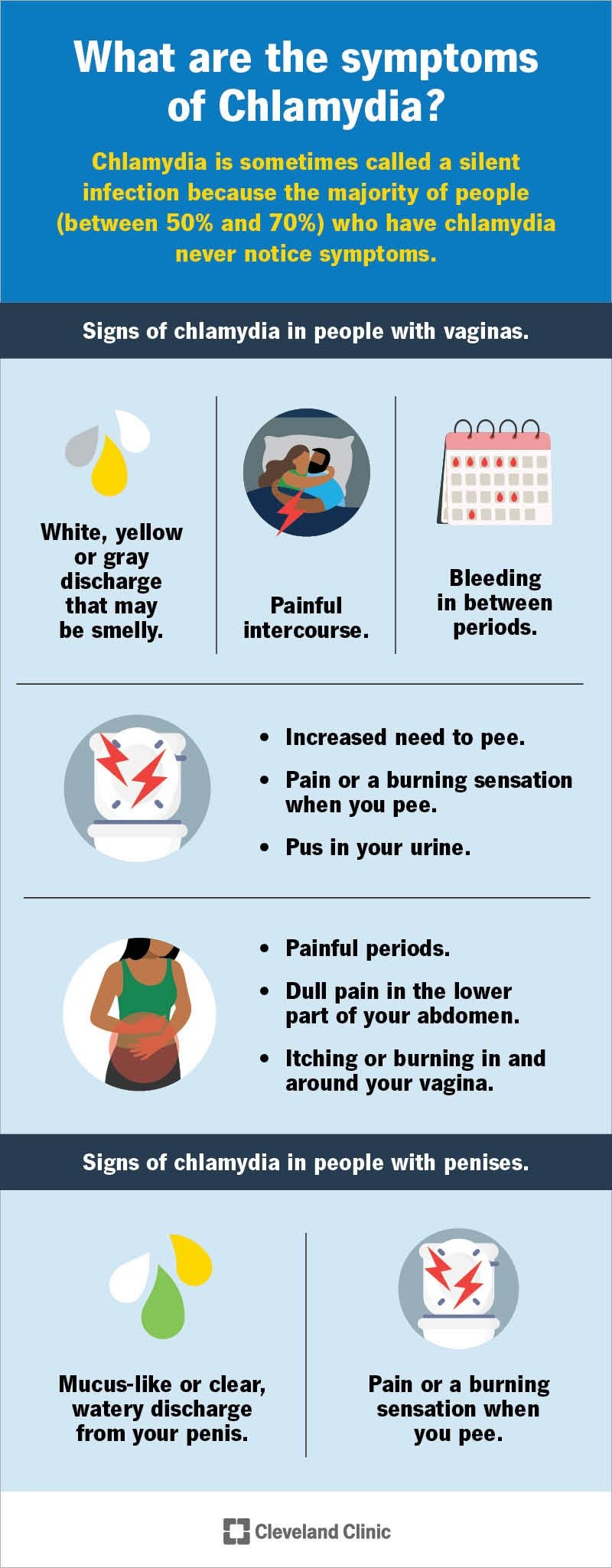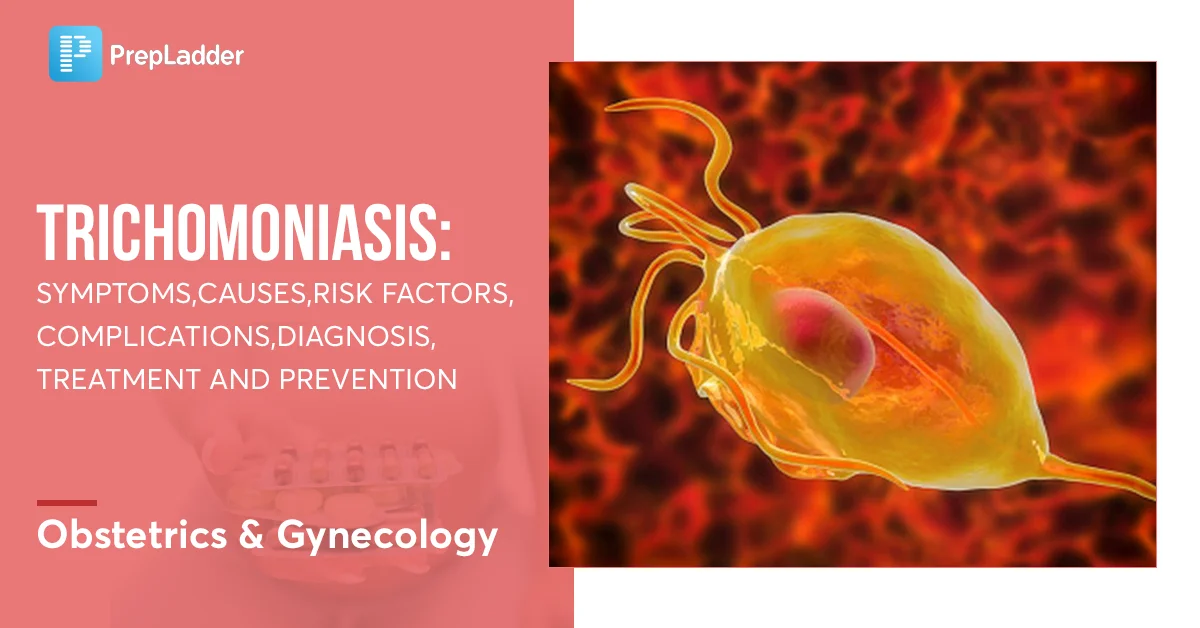Chlamydia: Understanding the Silent and Impactful STI
– Chlamydia is a common STD that can cause infection among both men and women.
– Chlamydia can cause permanent damage to a woman’s reproductive system and potentially fatal ectopic pregnancy.
– Chlamydia can be spread through vaginal, anal, or oral sex, even without ejaculation.
– The only way to completely avoid STDs is to not have sex, but using condoms and being in a long-term mutually monogamous relationship can lower the risk.
– Sexually active people, especially young individuals and gay/bisexual men, are at a higher risk of getting chlamydia.
– Pregnant people with chlamydia can pass the infection to their babies during childbirth, which can lead to eye infection or pneumonia.
– Chlamydia often has no symptoms, but it can cause serious health problems such as abnormal vaginal discharge and burning sensation when urinating in women, and discharge from the penis and burning sensation when urinating in men.
– Testing and treatment are essential to prevent health problems associated with chlamydia.
– Chlamydia can cause pain and swelling in testicles, pain and bleeding in rectum.
– Symptoms in women include unusual sore, smelly discharge, burning when peeing, bleeding between periods.
– Chlamydia can be diagnosed through laboratory tests using urine or vaginal samples.
– Chlamydia can be cured with proper treatment, but it won’t undo any permanent damage.
– Repeat infection with chlamydia is common, so testing should be done again after treatment.
– It is advised to wait until completion of treatment before having sex again (7 days for single dose, complete all doses for 7-day treatment).
– Untreated chlamydia in women can lead to pelvic inflammatory disease, scarring of fallopian tubes, ectopic pregnancy, infertility, long-term pelvic/abdominal pain.
– Men rarely have health problems from chlamydia, but it can cause fever and pain in testicle tubes, leading to infertility in rare cases.
– Untreated chlamydia increases the chances of HIV transmission.

